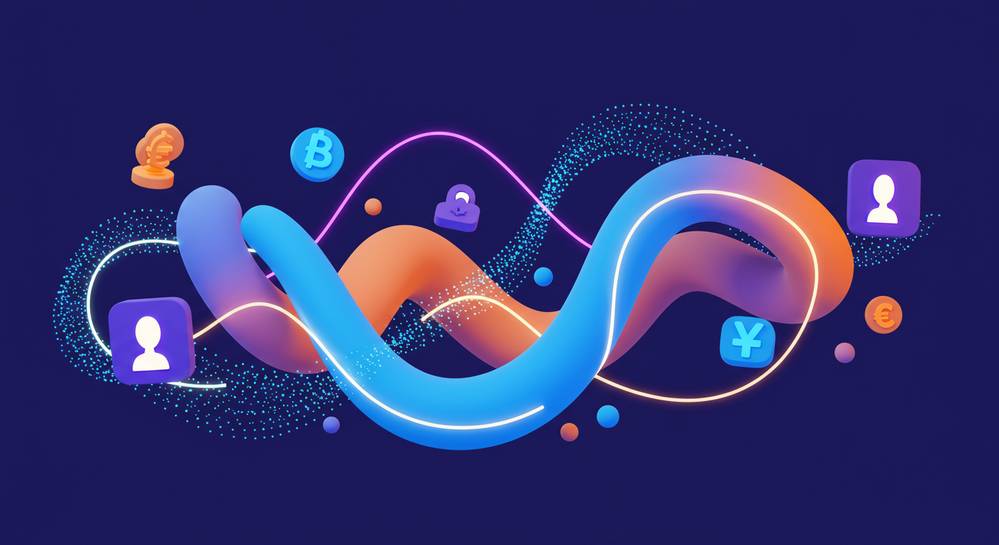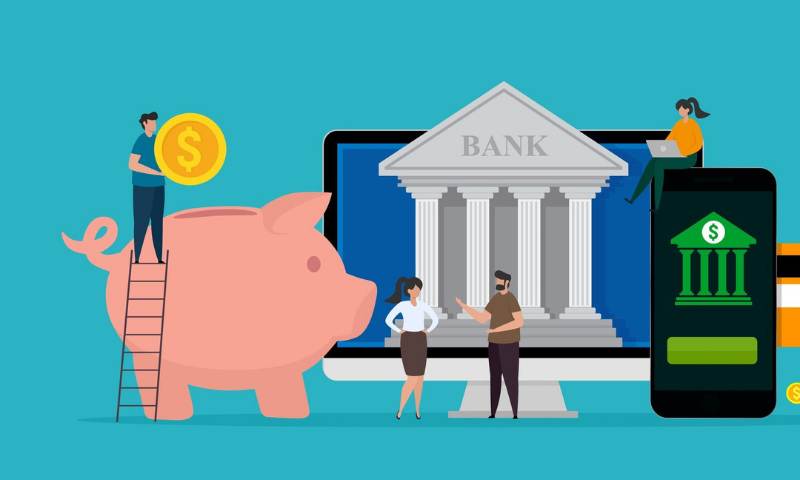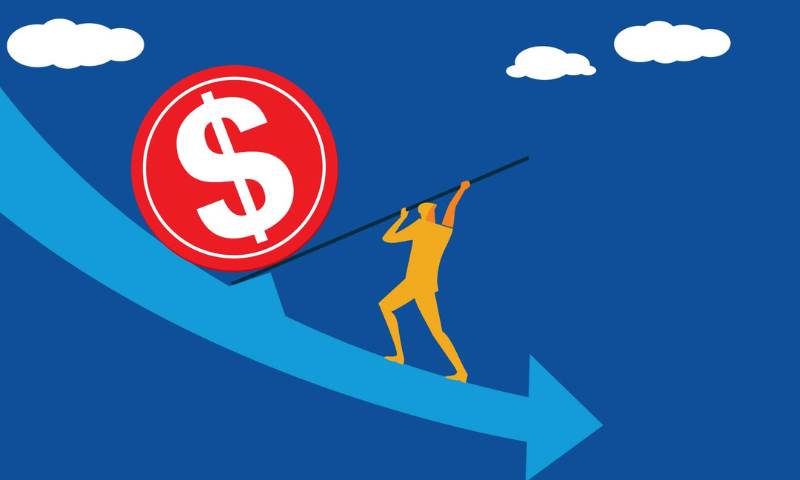The financial landscape is evolving at an unprecedented pace, driven by technological innovation and shifting consumer expectations. As we approach 2025, the realm of digital banking is poised for significant transformation. Understanding these pivotal digital banking trends in 2025 is crucial for institutions and consumers alike to navigate the complexities and opportunities ahead. From AI-driven personalization to the rise of embedded finance, the future of banking promises more integrated, intelligent, and secure financial experiences.
Hyper-Personalization and AI-Driven Experiences

The future of digital banking in 2025 will be defined by an unparalleled degree of personalization. This moves beyond basic recommendations to truly anticipate customer needs. Artificial Intelligence (AI) and machine learning (ML) will serve as the backbone. They will analyze vast datasets to offer bespoke financial products, proactive advice, and hyper-customized user interfaces.
Imagine banking apps understanding your spending habits, suggesting optimal savings, or identifying financial risks before they materialize. This transformative shift makes financial management feel less like a chore and more like a conversation with a trusted advisor. Natural language processing will further enhance chatbot capabilities, providing more human-like interactions and support.
- Proactive Financial Guidance: AI powers tools offering real-time insights into cash flow, investments, and debt management. These are tailored precisely to individual financial goals, predicting future needs.
- Seamless User Journeys: Expect smoother onboarding processes, intuitive navigation, and personalized product offerings. These adapt dynamically to user behavior across all digital touchpoints. For more on this, consider resources on AI in finance.
Embedded Finance and Ecosystem Integration
A significant digital banking trend for 2025 is embedded finance. This integrates financial services seamlessly into non-financial platforms and daily activities. Imagine securing a loan during an online car purchase or getting insurance via a travel app. This makes banking invisible, contextual, and highly convenient, eliminating friction.
This shift transforms banks from standalone entities into integral parts of broader digital ecosystems. Financial products are offered precisely at the point of need, enhancing user experience. This evolution is closely linked to Open Banking and the widespread use of Application Programming Interfaces (APIs).
Driving Value Through Ecosystem Integration
- Contextual Services: Financial products are delivered exactly when and where most relevant. This means financing a purchase or protecting an asset within the user’s current digital journey.
- API-Driven Connectivity: Banks increasingly leverage robust APIs to connect with diverse third-party providers. This fosters a collaborative financial ecosystem. Explore more about Open Banking innovations.
Enhanced Security and Trust through Blockchain

As digital interactions surge, robust security and verifiable trust become paramount. Blockchain technology, a key digital banking trend for 2025, is set to transform financial security. It moves beyond cryptocurrency applications to fortify core banking systems. This innovation addresses the escalating need for impenetrable data protection and transparent operations.
Blockchain can revolutionize digital identity management, significantly reducing fraud and simplifying customer verification processes. Its immutable ledger provides an auditable, transparent record of transactions. This fosters greater trust among participants and within regulatory frameworks. This foundational technology offers a new paradigm for data protection and system resilience in an interconnected world.
- Immutable Transaction Records: Blockchain’s distributed ledger provides unalterable transaction records. This significantly boosts transparency and reduces dispute resolution times.
- Digital Identity Verification: Blockchain-powered self-sovereign identity solutions empower users. They gain greater control over personal data, making identity theft much harder. For deeper insights, explore blockchain applications in finance.
Sustainability and Ethical Banking

Consumer awareness and demand for socially responsible practices are profoundly influencing the financial sector. By 2025, digital banking will increasingly integrate sustainability and ethical considerations into its core offerings and operations. This aligns with evolving customer values and regulatory pressures. Banks must demonstrate transparency in how funds are invested, moving beyond mere compliance to proactive engagement.
This trend includes offering green financial products, such as eco-friendly loans and sustainable investment portfolios. Digital platforms are uniquely positioned to provide tools that help users make more sustainable financial choices. Banks championing Environmental, Social, and Governance (ESG) principles will build stronger brand loyalty. They will also attract a new generation of conscious consumers, a critical digital banking trend in 2025.
- Green Financial Products: Expect a rise in loans and investment options. These are specifically designed to support environmentally friendly initiatives and businesses.
- Impact Tracking Tools: Digital banking apps will offer features. These allow users to monitor the carbon footprint of their purchases or view the social impact of their investments, fostering greater financial consciousness.
The journey towards 2025 highlights a dynamic shift in how financial services are delivered and consumed. The key trends—hyper-personalization, embedded finance, robust security, and a focus on sustainability—are not isolated developments but interconnected forces shaping a more intelligent, accessible, and ethical banking future. Staying abreast of these changes is essential for both financial institutions striving for innovation and consumers seeking more empowering financial tools. Embrace the evolution and explore further insights at Digital Economy Pulse.



